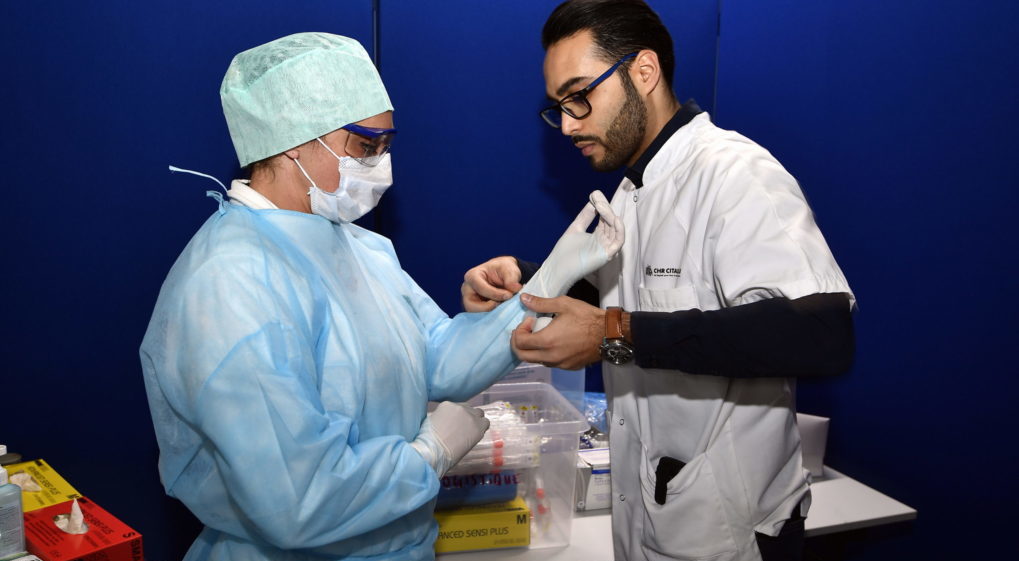The University of Namur has developed a new procedure to diagnose the new coronavirus (Covid-19).
The procedure was approved by the Federal Agency for Medicines and Health Products (FAMHP) on Tuesday afternoon. The technique will increase the number of tests carried out in Belgium, and will be used in addition to the tests used by the reference laboratories.
"It is a process of manually extracting the genetic code of the virus using a chemical compound, a fume hood and a centrifuge," said Benoït Muylkens, a virologist and director of the Integrated Veterinary Research Unit at the University of Namur, reports RTBF.
Translation: "UNamur has developed a valid, effective and replicable technique for the analysis of samples potentially contaminated with #covid19"
"The genetic code is then transformed into DNA which is amplified, and during amplification, a light signal is given to indicate whether or not the patient is affected," he added. In less than 24 hours, a reliable result is obtained.
"This technique allows a researcher to process an average of 50 samples per day. We will, therefore, be able to make a large number of diagnoses," Muylkens added.
In a few days, UNamur will be able to deliver 480 diagnoses per day to the reference laboratory of the University of Leuven (KUL). Twelve researchers and twelve logisticians have been mobilised for this purpose.
The process should soon be extended to other universities and laboratories in Belgium and throughout the world.
Maïthé Chini
The Brussels Times

